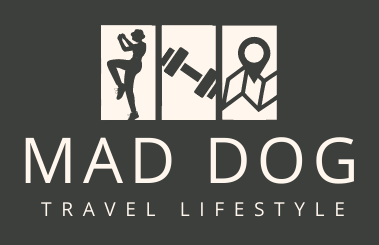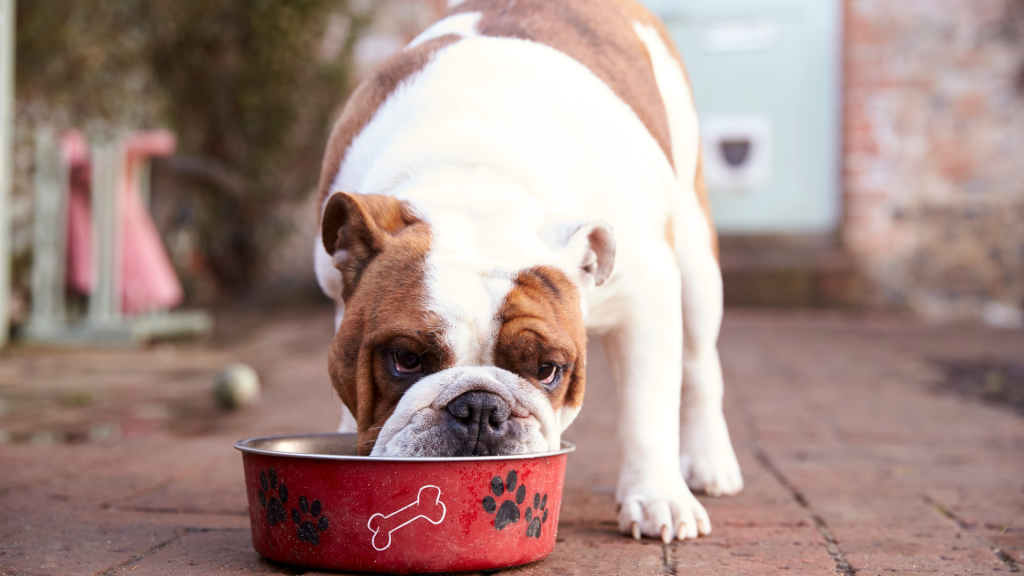It’s not just humans who have to worry about health, diet, and food. Pets are also susceptible to diabetes, obesity, depression, and other diseases. However, with the proper diet and some love, pets can enjoy long and happy lives. Let’s find out how to do that in this article!
What are the Different Types of Diets for Pets?
Various diets are available for our pets, and each has its benefits. Here is a look at some of the most popular types of diets for our pets:
The BARF Diet
This diet is based on the belief that dogs and cats should eat the same diet as their wild ancestors. The BARF (Biologically Appropriate Raw Food) diet typically consists of raw meat, bones, vegetables, and fruits. This diet can be beneficial for our pet’s overall health. Still, it is essential to ensure that all items are thoroughly cooked to avoid foodborne illnesses.
The Grain-Free Diet
As the name suggests, this diet eliminates all grains from our pet’s food. Many believe that grain-free diets are better for a pet’s health since they are easier to digest and do not contain any fillers or artificial ingredients. However, it is essential to note that grain-free diets may not be suitable for all pets, so be sure to consult a veterinarian before making any changes to a pet’s dietary routine.
The Vegan Diet
A vegan diet for our pets means no animal products are consumed. This diet can be beneficial for animals with allergies or those prone to gastrointestinal issues. However, ensuring pet gets all the nutrients they need is vital since many commercially-available vegan pet foods may lack specific vitamins and minerals.
The Raw Diet
Like the BARF diet, the raw diet for our pets is based on the belief that dogs and cats should eat the same diet as their wild ancestors. The natural diet typically consists of raw meat, bones, organs, and vegetables. This type of diet can be beneficial for our pet’s overall health. Still, it is essential to ensure that all items are thoroughly cooked to avoid any foodborne illnesses.
The Prescription Diet
Prescription diets are specially formulated to meet pets’ needs with specific medical conditions. These diets are available through our veterinarian and can benefit animals with allergies, diabetes, kidney disease, or other chronic health problems. The best diet for our pets is one that is tailored to their individual needs. Be sure to consult a veterinarian before changing a pet’s diet.
What are the Benefits of Dieting for Pets?
When it comes to dieting for our pets, there are many benefits that we can expect. Dieting can help our pets lose weight and maintain a healthy weight. Additionally, dieting can help improve our pet’s overall health by reducing the risk of obesity-related diseases. Finally, dieting can help increase our pet’s energy and activity levels.
Alternatives to Dieting
There are some alternatives to dieting for our pets that can help them stay healthy and fit. Here are a few of the most popular options:
- Exercise: One of the best alternatives to dieting for our pets is to ensure they get plenty of activities. This will help them burn any excess calories and keep their weight down.
- Feeding smaller meals more often: Another alternative to dieting for our pets is to feed them smaller meals more often throughout the day. This will help them feel fuller and prevent overeating at mealtimes.
- Healthy snacks: If our pet is always begging for food, try giving them healthy snacks instead of treats. This way, they can still enjoy something tasty while staying on track with their diet.
These are just a few of the many alternatives to dieting for our pets. Talk to our veterinarian about what would work best for our furry friend and help them stay healthy and fit.
Risks of Pet Dieting
There are a few risks to keep in mind when considering pet dieting:
- Our pet may not lose weight as quickly as we’d like, which can be frustrating.
- If our pet is not used to eating less food, they may experience hunger pangs and beg for more food.
- Monitor our pet’s weight loss closely, as rapid weight loss can be unhealthy for pets.
Consult a veterinarian if we have concerns about our pet’s diet or weight loss progress.
A Healthy Pet is a Dieting Pet
As pet owners, we must be aware of our animal’s nutritional needs and select a diet that will provide them with the necessary nutrients. While there are many commercially available pet foods on the market, creating a healthy diet for our pets at home is possible. When choosing a diet for our pet, consult our veterinarian to ensure it meets their needs. If we’re preparing food for our pet at home, use only fresh, wholesome ingredients and cook it thoroughly before feeding it to our animal.
With proper nutrition, our pets can enjoy a long and healthy life.

